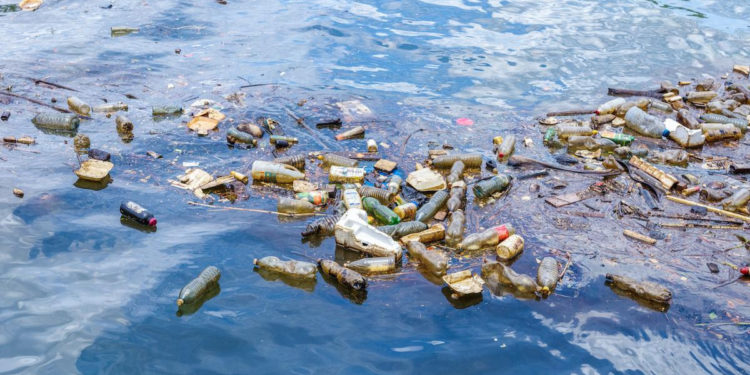Basseterre, St. Kitts, April 26, 2021 (SKNIS): Slowly but surely, more and more countries around the world are enacting bans on single-use plastics to reduce waste, enhance sustainability, and promote a healthy environment.
To date, 12 Caribbean countries including Antigua and Barbuda, the Bahamas, Barbados, Belize, the Dominican Republic, Grenada, Guyana, Jamaica, St. Eustatius, Saint. Lucia, St. Vincent and the Grenadines, as well as Trinidad and Tobago, have all placed a ban on the use and import of single-use plastics and Styrofoam.
“We are in a region where many of the islands have already banned the use of single-use plastics,” said Minister of Environment, the Honourable Eric Evelyn, during a recent consultation with the public sector on the proposal to ban single-use plastics in St. Kitts and Nevis.
Minister Evelyn said that many of his colleague ministers from the Organization of Eastern Caribbean States (OECS) have pledged their commitment to assist St. Kitts and Nevis in this venture.
“I can tell you that when I was on a Zoom meeting with some of my colleagues they were heartened when I indicated that we will be moving towards banning single-use plastics and they gave me the commitment and said whatever assistance you need we can give you,” said Minister Evelyn.
He noted that the improper disposal of plastics continues to harm marine life, underwater ecosystems, and the climate to name a few, therefore, the Federation needs to act fast.
“When we put things into context and perspective, we are lacking behind in St. Kitts and Nevis. We here in the Federation are a proud people and we do not like to lag behind and so we want to move as quickly as possible to ban single-use plastics,” said the environment minister.
The Caribbean Sea is the second most plastic-contaminated sea in the world after the Mediterranean Sea. This, according to the United Nations Environment Program (UNEP), in a May 2019 report on the Status of Styrofoam and Plastic Bags in the Wider Caribbean, estimated that 600 to1,414 plastic items per square kilometer end up in the Caribbean Sea.
Antigua and Barbuda was the first to take action in 2016 with Saint Lucia issuing a ban in August 2019. Some governments have taken a phased approach with the full ban coming into effect in 2021.
Minister Evelyn said that while governments have put measures in place to reduce plastic pollution in the Caribbean, it takes an all of society approach to reduce our consumption of all types of plastics, utilize sustainable alternatives, and ensure proper plastic waste disposal.









